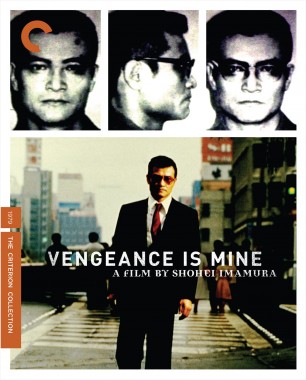The Match Factory Girl

Kaurismäki took his penchant for despairing character studies to unspeakably grim depths in the shockingly entertaining The Match Factory Girl. Kati Outinen is memorably impenetrable as Iris, whose grinding days as a cog in a factory wheel, and nights as a neglected daughter living with her parents, ultimately send her over the edge. Yet despite her transgressions, Kaurismäki makes Iris a compelling, even sympathetic figure. Bleak yet suffused with comic irony, The Match Factory Girl closes out the “Proletariat Trilogy” with a bang—and a whimper.
Available In

Cast
- Kati Outinen
- Iris
- Elina Salo
- Mother
- Esko Nikkari
- Stepfather
- Vesa Vierikko
- Aarne
- Reijo Taipale
- Singer
- Silu Seppälä
- Brother
Credits
- Director
- Aki Kaurismäki
- Producer
- Aki Kaurismäki
- Producer
- Faragó Katinka
- Producer
- Klas Olofsson
- Screenplay
- Aki Kaurismäki
- Cinematography
- Timo Salminen
- Art direction
- Risto Karhula
- Editing
- Aki Kaurismäki
- Sound
- Jouko Lumme















